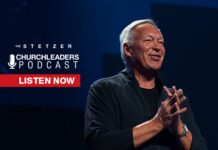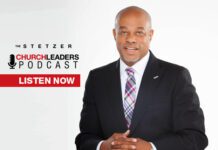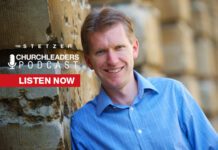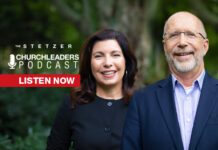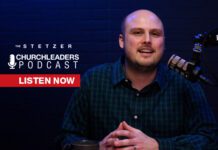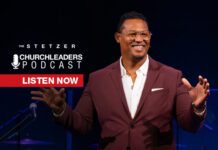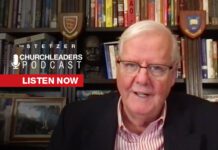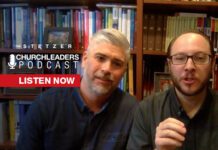“What I have faced in predominantly white settings is a highly individualistic understanding of the world, and particularly racism.”
“Hear me as one whose church home has really been historically white evangelicalism. So I speak from a place of love and appreciation, and I speak because I want it to be better. And I want it to be better precisely because I have had this intimate, personal experience within it.”
“I am a historian. And critical race theory is something that is prevalent most often in legal studies. So, no, I’m not a critical race theorist, but I’m quick to point out that I don’t think that should be a pejorative in the first place.”
“In 2020, we experienced by the numbers the largest social movement in U.S. history. Literally millions of people, many of them white, marching in protest against racism, in particular anti-Black police brutality…So I really see this, what I call an ‘anti-CRT crusade,’ partially as backlash against that.”
“I think people got really spooked and up in arms when in Christian circles they started talking about things like white privilege and about institutional or systemic racism. And it seemed like for certain people that this kind of talk about race and racism was pervasive. It was very new to them. And they felt if they were white, they were just sinful because they were white.”
Dominique Dubois Gilliard: What Joseph, Pharaoh, and the Apostles Teach Us About Privilege
“I would trace the modern evangelical racial reconciliation movement back to the late 80s, early 90s. I would say that it had momentum and steam up through the early 2010. And I think in that period we thought an absence of conflict over racial issues, particularly in the church, was the presence of peace.”
“Just as there are people who go overboard on the racial status quo and exaggerate, say things clumsily, maybe even have really harmful ideas, the same is true for people who want to change the racial status quo.”
“I just want to make clear: When I speak to faculty and particularly staff of color at predominantly white Christian colleges and universities, even nonprofits in general—there is a weariness there.”
“For the last 10 years, it’s been wave after wave after wave of current events that press the issue that we need to change the racial status quo. We need to make progress in our institutions. That progress has been very slow, if nonexistent in some places. And there are people who are working within these institutions that are just tired.”
“As a historian, the more you study the past, the more racism you find, not less.”
“A lot of evangelical opposition to communism also had the impact of opposing civil rights activists and the movement in general.”
“As you study the pattern of human behavior in this nation, you find more instances of racial prejudice and inequality and not less. And I just think that white evangelicals already, by the statistics and the polling, see racism as less of an issue than other people.”




